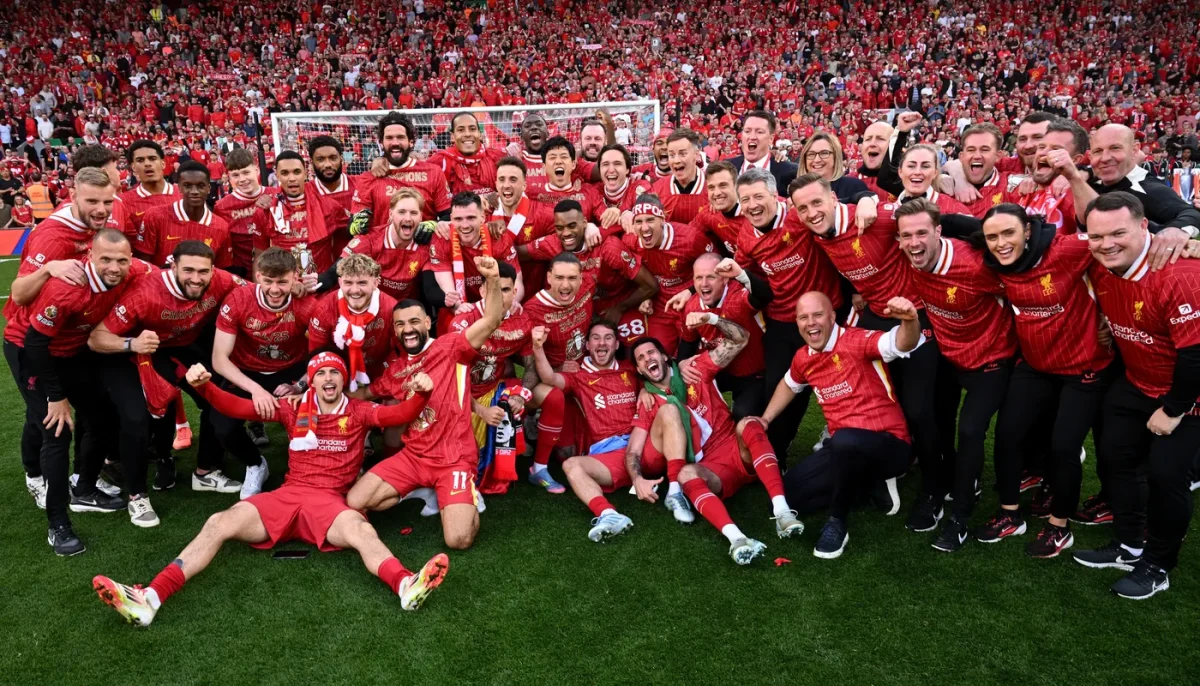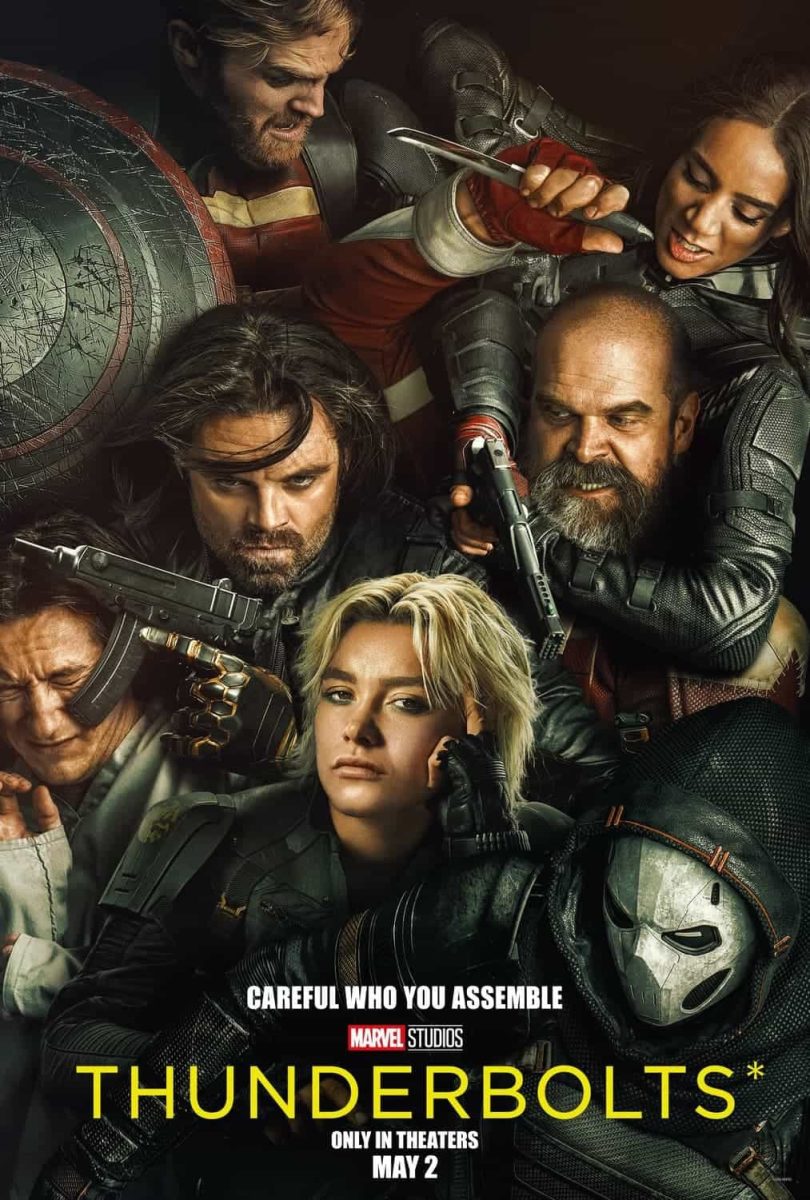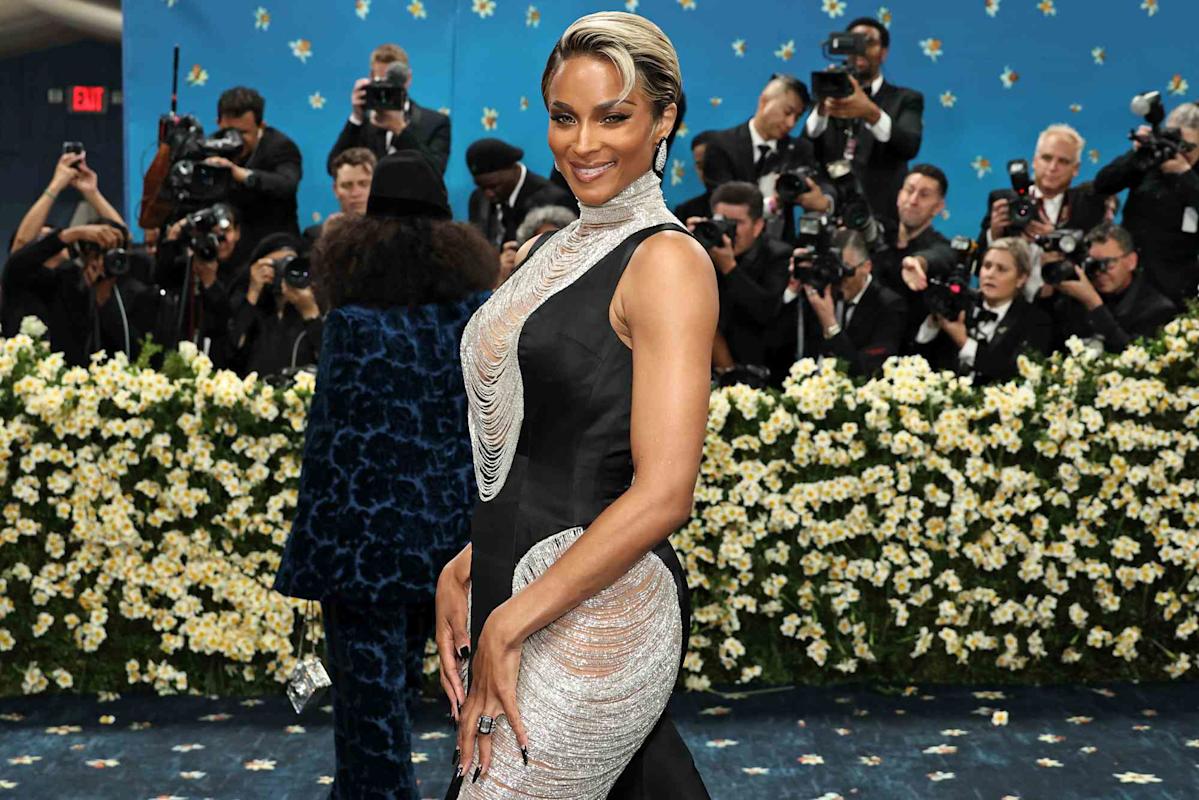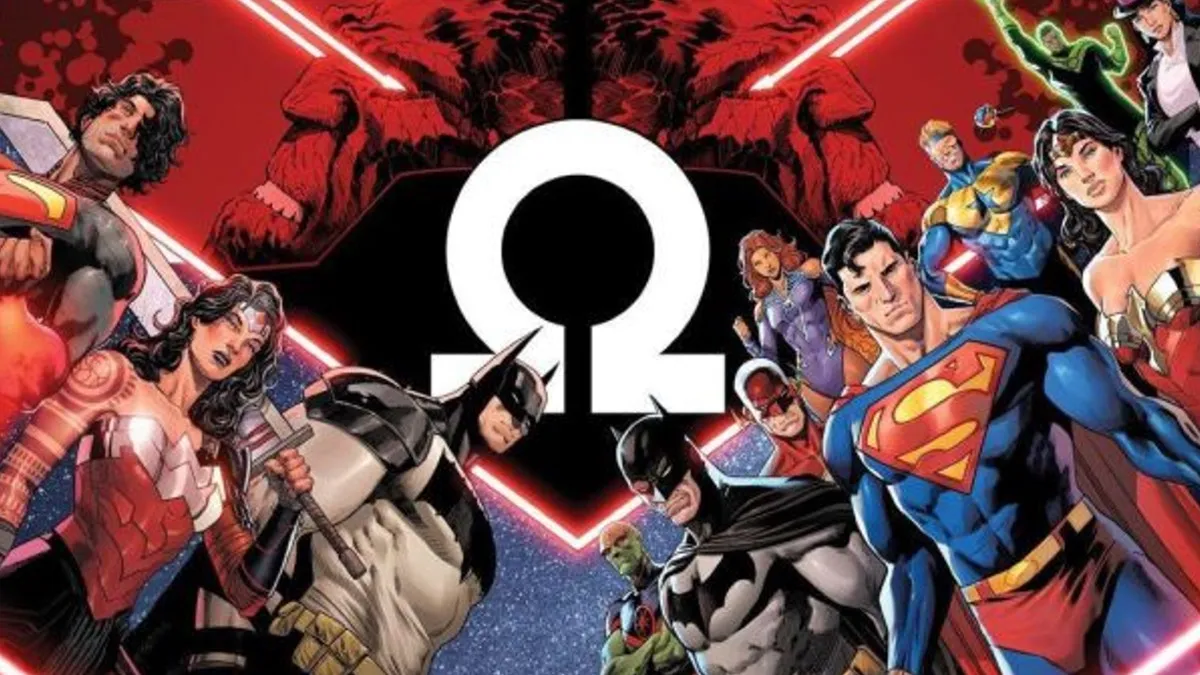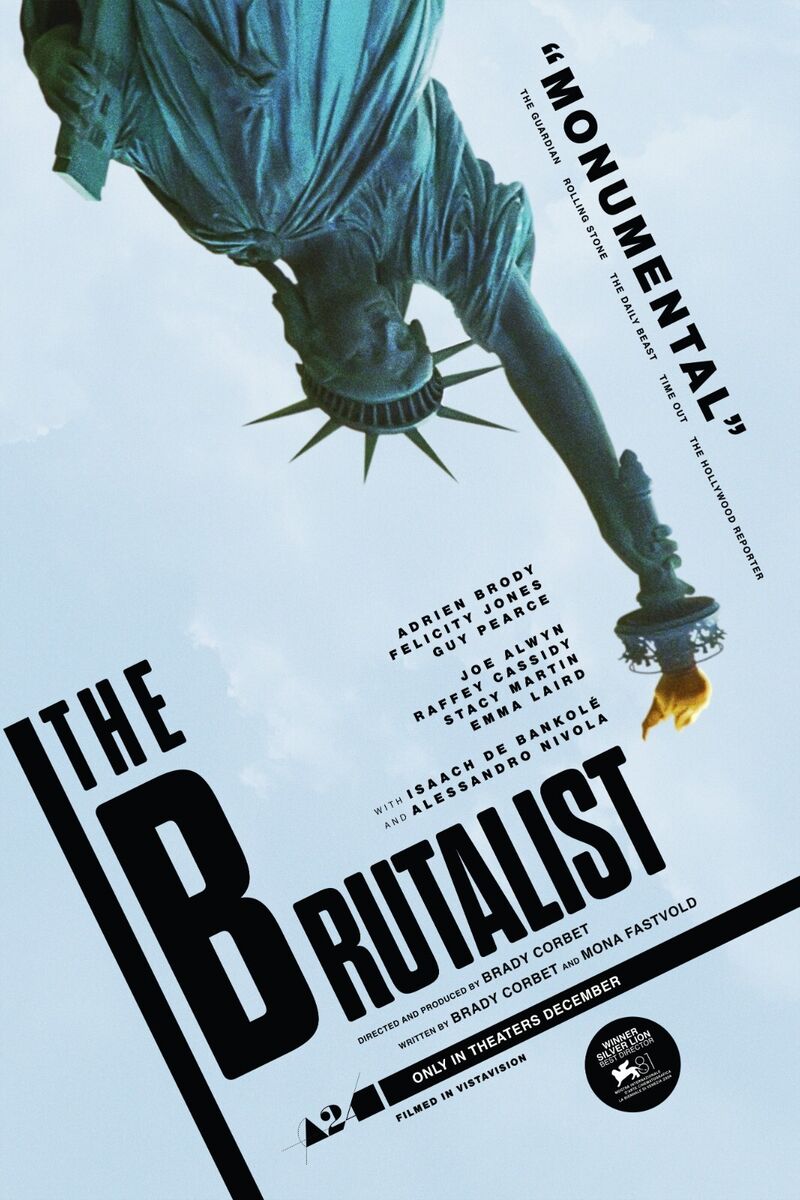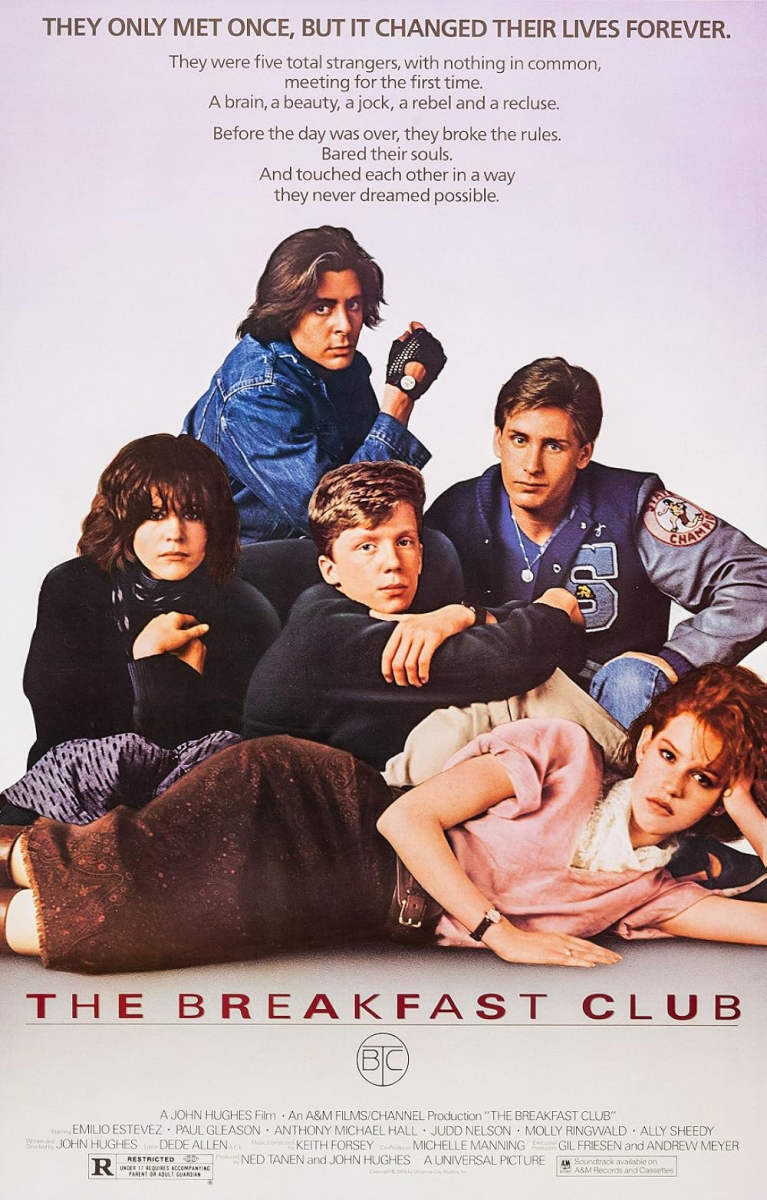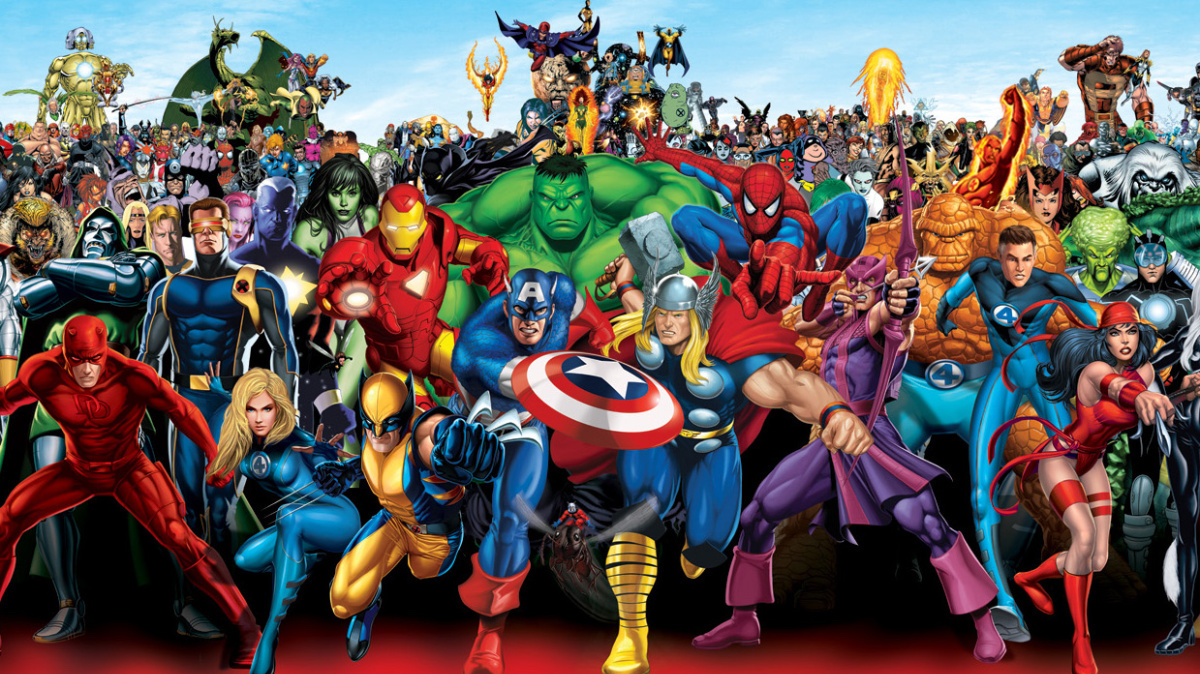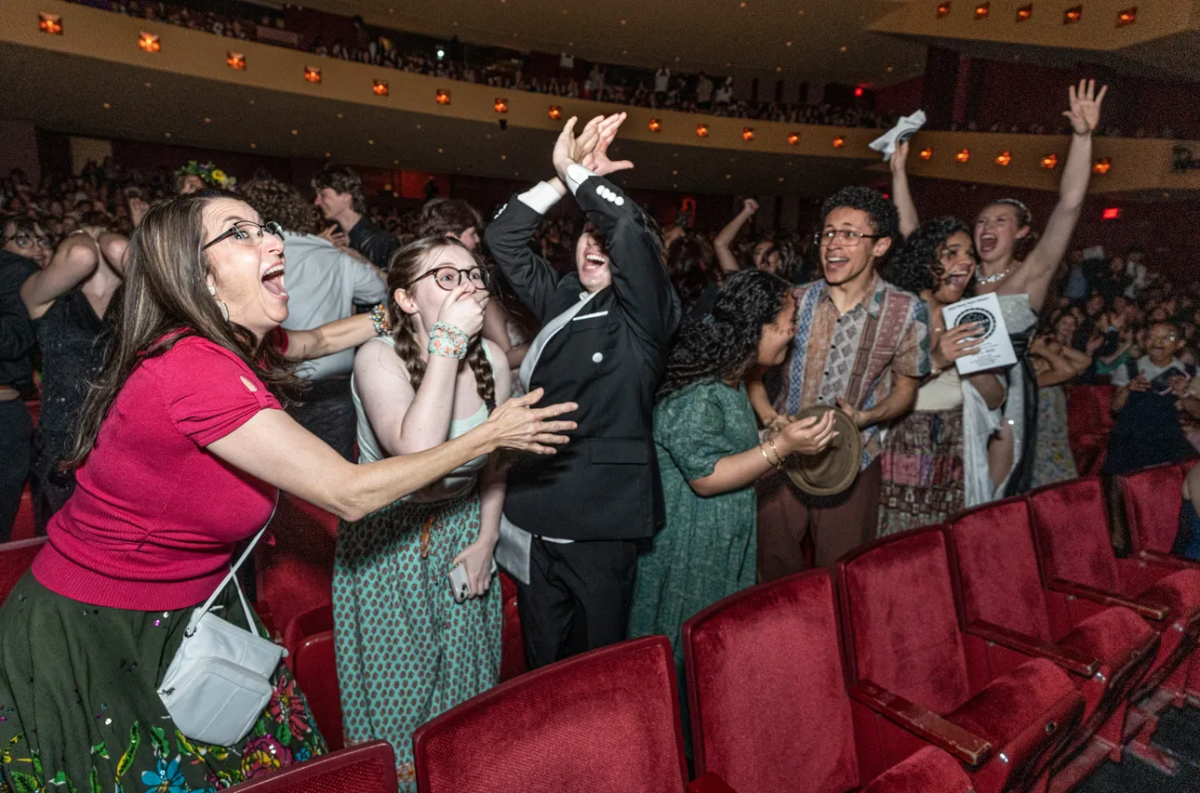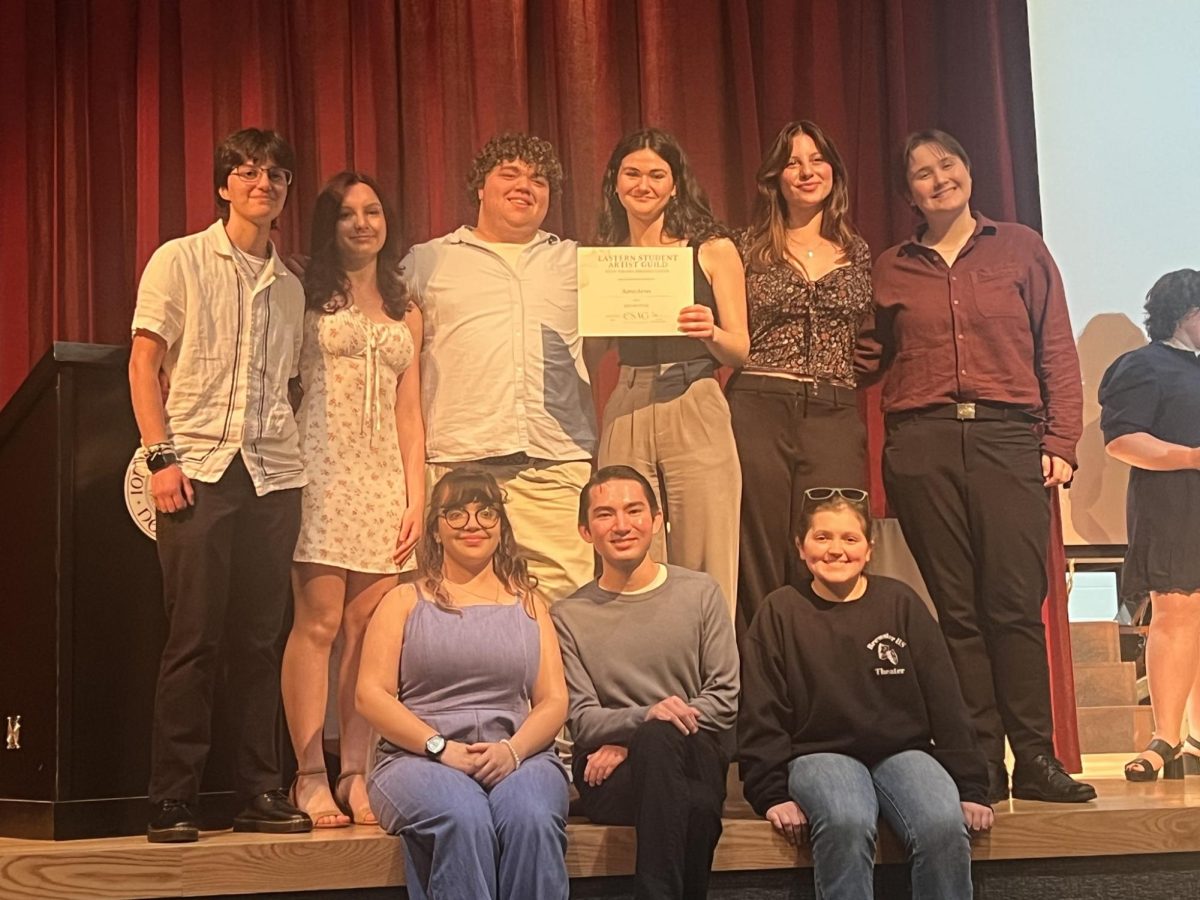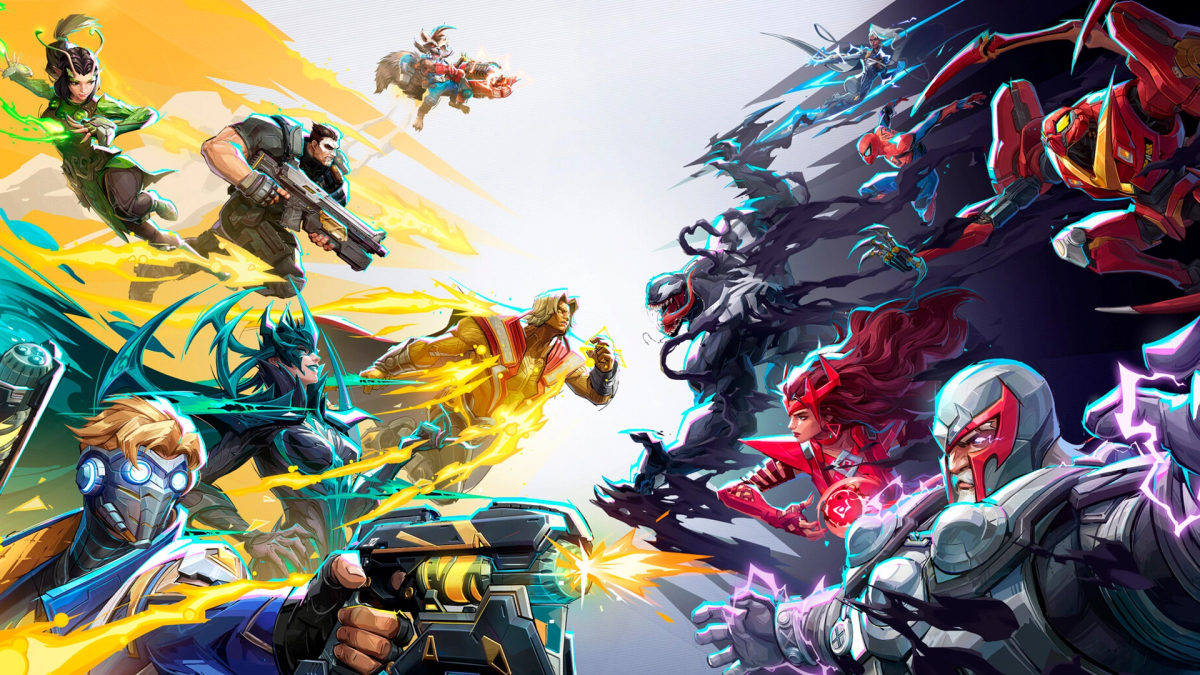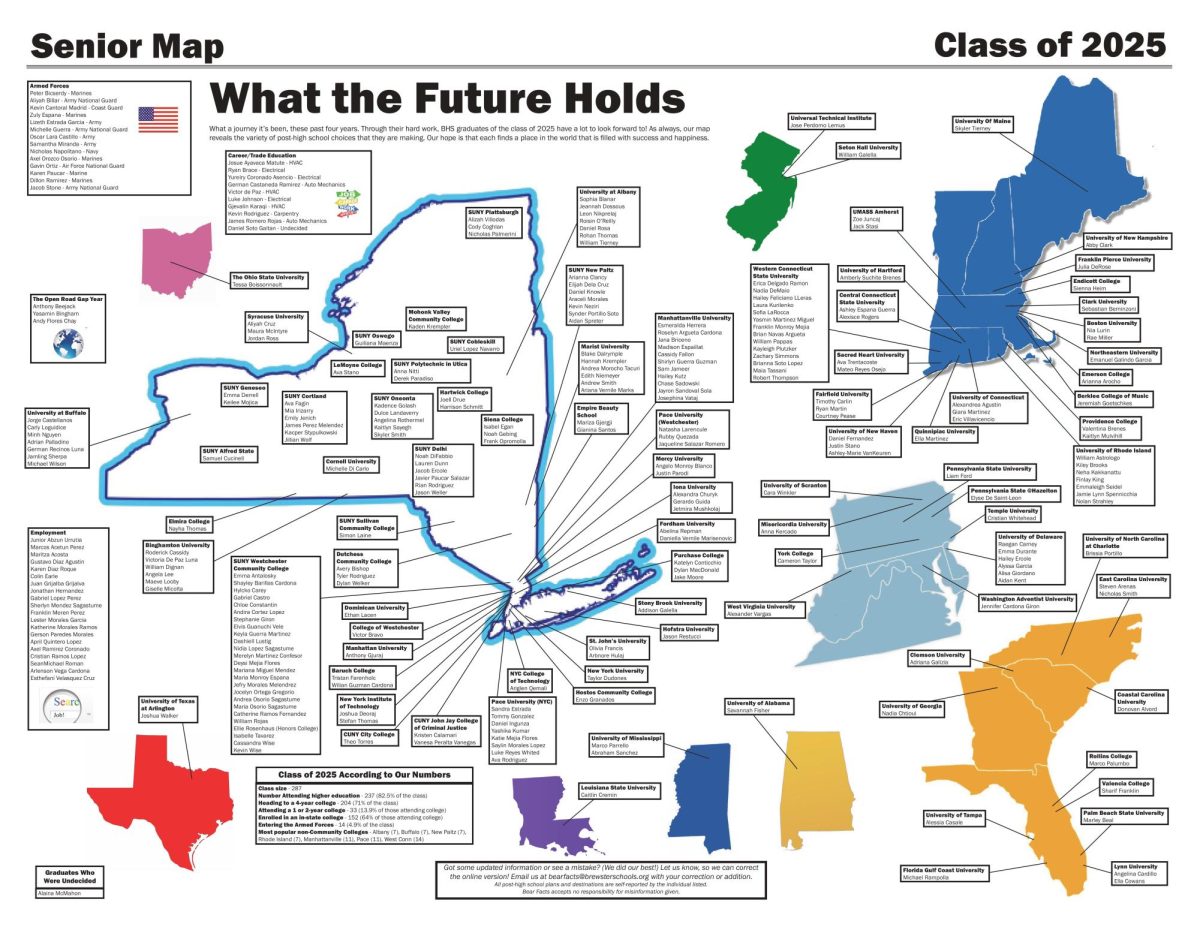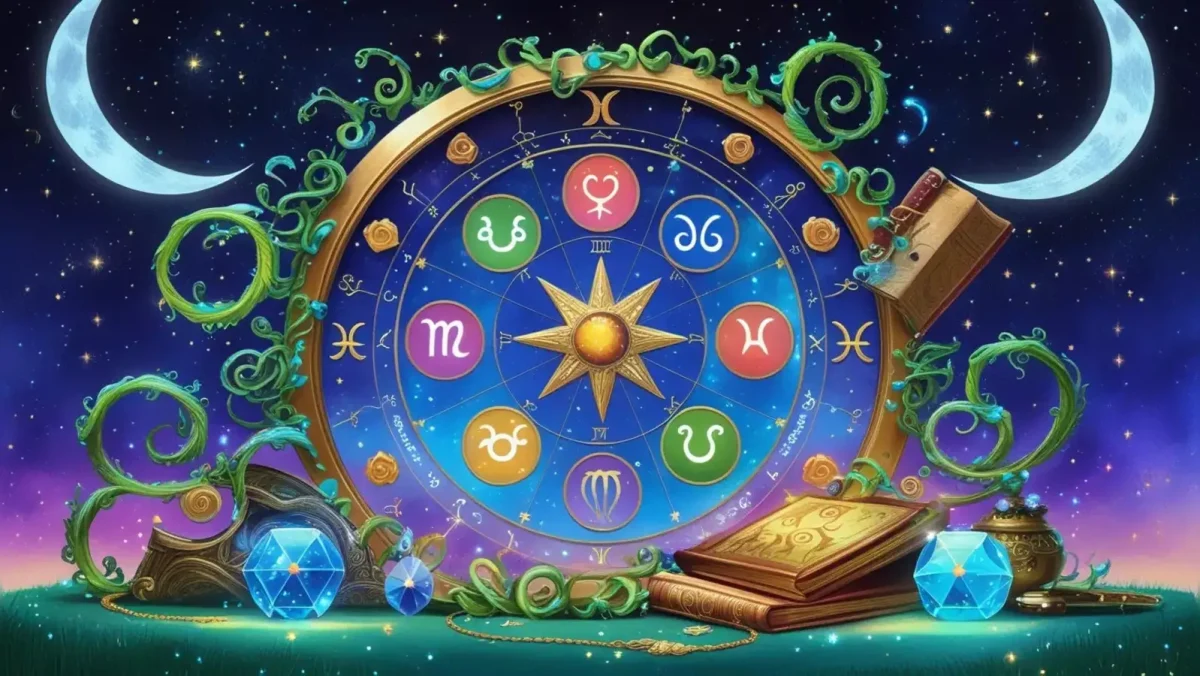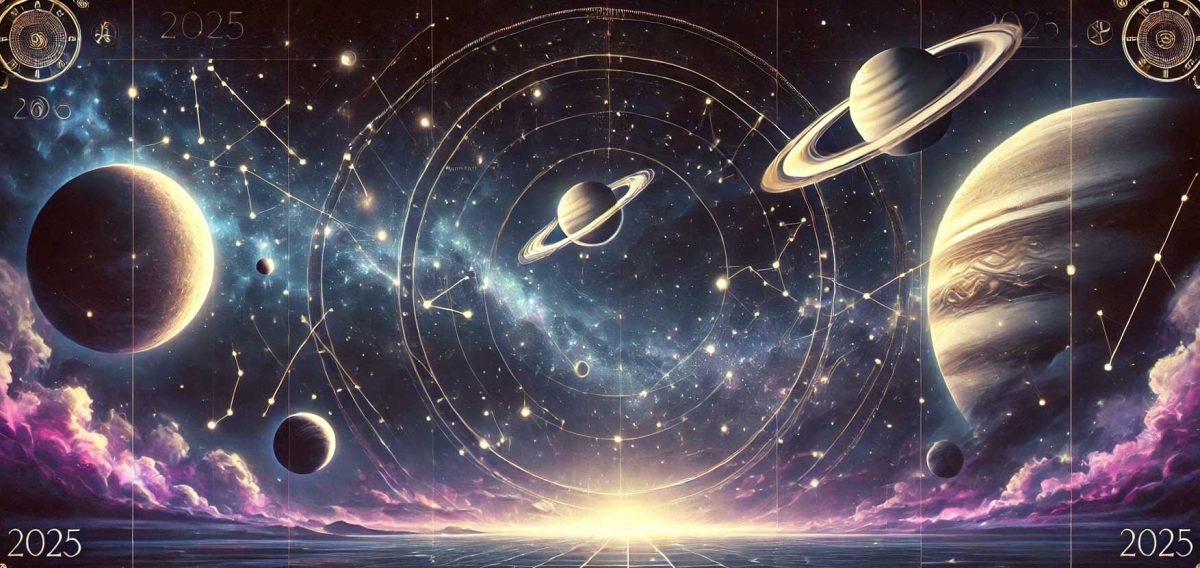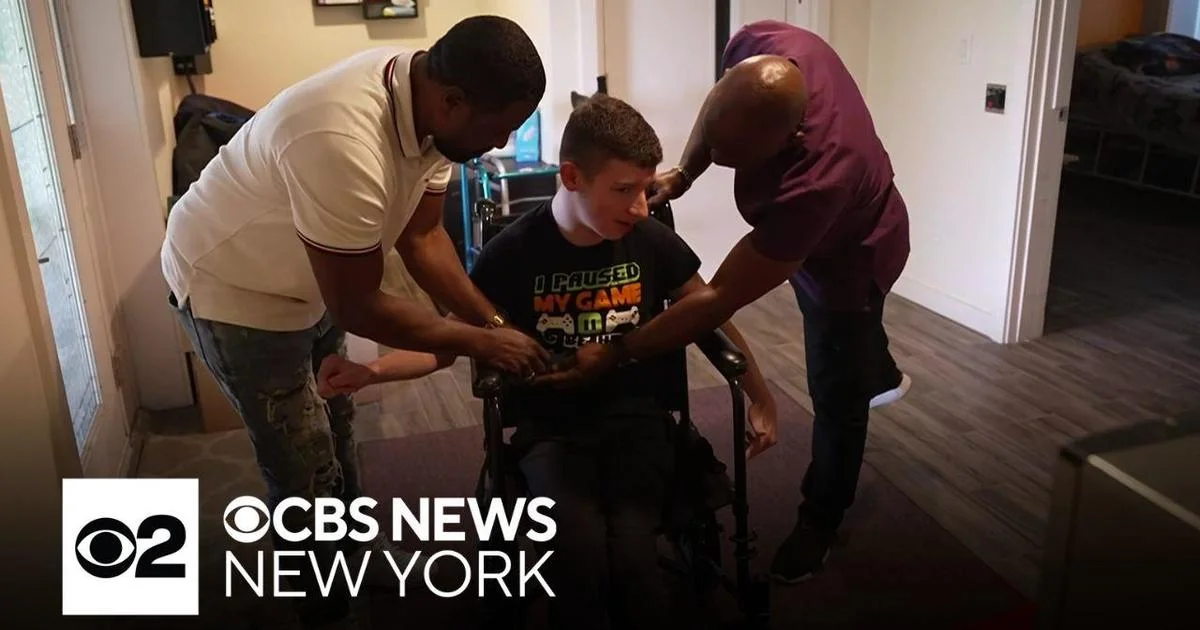The release of the 2024 film The Brutalist was widely praised by critics and recognized by the Academy Awards with 10 nominations, and even 3 wins. The 3 1/2 hour epic focuses on a Hungarian architect and his wife coming to America in the late 40s to build a new life for themselves. The movie may have been praised heavily, but it still came with a fair share of controversy upon release.
The problem with The Brutalist, is that the Hungarian accents used by the two leads of the movie were not acted out in the typical way. Usually a studio would hire a vocal coach or trainer to teach the actors how to speak in a previously unknown accent, but The Brutalist took a major shortcut by instead altering the performance of their stars with generative AI. A vocal coach was still hired, but the accent was not refined enough to appear in the film yet and was therefore enhanced with AI.
While this was already a controversial move, as the place of AI in film making is still a hot-button issue following the strikes of the Writers Guild of America (WGA) and The Screen Actors Guild–American Federation of Television and Radio Artists (SAG-AFTRA) in the summer and fall of 2023, the decision to modify an actor’s performance was approved by the Academy. They nominated three of the actors in the film for various awards, and the lead (Adrien Brody), managed to win “Best Performance by an Actor in a Leading Role” despite having not properly learned the accent for his character.
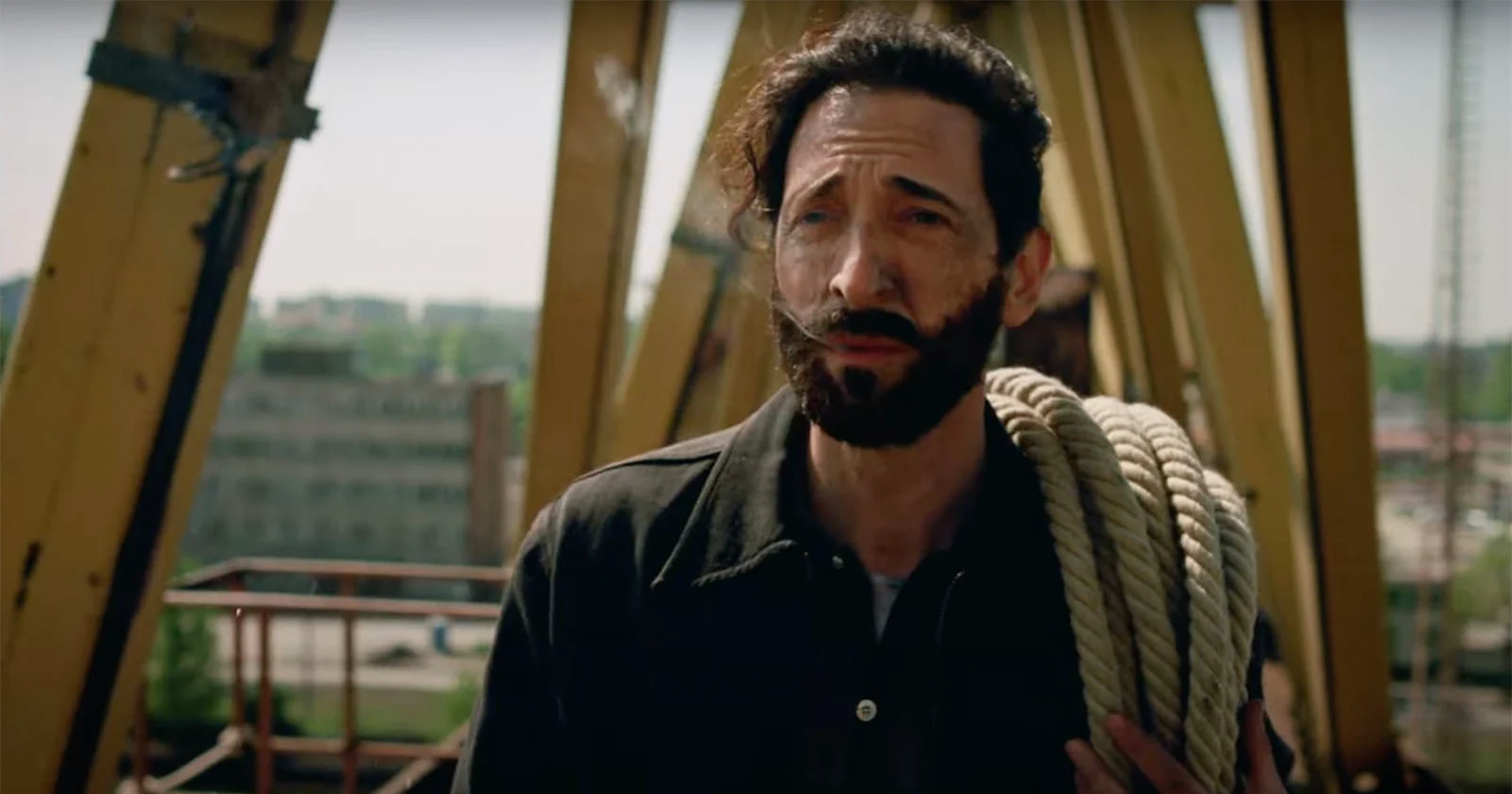
On top of Brody’s acting being modified by AI, an already deeply controversial and debated subject, Brody delivered the longest acceptance speech in Oscar history for an award that a vocal amount of people do not believe he deserved because of his shortcut. His speech clocked in at 5 minutes and 40 seconds, beating the previous record of 5 mins and 30 secs from Greer Garson all the way back in 1943.
Additionally, the movie further used generative AI to create images used later in the film. The movie focuses on an architect, so naturally there are blueprints at one point. The blueprints shown in the movie, specifically towards the end, were generated partly by AI. Usually this detailed work would be outsourced to an artist or an architect instead, but it was done by AI to help the movie meet its budget.
The implications of a performance enhanced by AI winning an Oscar could potentially be major, and could be leading to a large shift in the industry, but this isn’t the only movie to use generative AI and get an Oscar nomination this year. Emilia Pérez also used AI to modify a character’s voice, albeit to a lesser extent, to blend the singing voice of the main actress and a singer with a more extended vocal range.
With AI being a controversial topic in film lately, Joe Russo (one of the Russo Brothers who directed movies like Avengers: Endgame, Captain America: Civil War, and The Grey Man) Joe Russo, chimed in to share the fact that their most recent movie, The Electric State, also used AI to modulate voices. In an interview with The Times, he said that using AI was “something any 10-year-old could do after watching a TikTok video.”
The Brutalist, Emilia Pérez, and The Electric State used AI to modulate voices in order to cut down on costs. The issue here arises when you realize that to cut down costs, someone who would normally be hired to do that kind of thing wasn’t. A person whose entire career could’ve been based on perfecting that very craft, was traded in for a cheaper option.
This loops all the way back to the WGA and SAG-AFTRA concerns that led to the strike: how far will AI go in modifying the creative process, and how many people will lose their jobs over it? Is the usage of AI in film worth it, or is it a slippery slope that could result in attempts to automate art? What regulations will be made in this fast-paced and constantly growing industry to ensure job security? Time will only tell.





